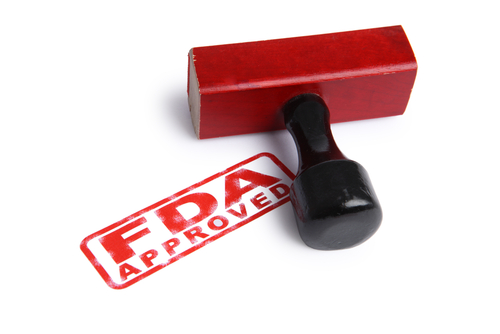 Reata Pharmaceuticals, Inc., an Irving, Texas-based biopharmaceutical company developing transcription-regulating activity drugs called antioxidant inflammation modulators (AIMs), recently announced that the Food and Drug Administration (FDA) Office of Orphan Products Development (OOPD) granted orphan drug designation for bardoxolone methyl to treat patients with pulmonary arterial hypertension (PAH).
Reata Pharmaceuticals, Inc., an Irving, Texas-based biopharmaceutical company developing transcription-regulating activity drugs called antioxidant inflammation modulators (AIMs), recently announced that the Food and Drug Administration (FDA) Office of Orphan Products Development (OOPD) granted orphan drug designation for bardoxolone methyl to treat patients with pulmonary arterial hypertension (PAH).
PAH is a life-threatening condition that causes endothelial dysfunction, vascular remodeling, pulmonary fibrosis, pulmonary vasoconstriction, and right ventricular hypertrophy. PAH also causes skeletal muscle dysfunction, leading to exercise intolerance.
AIMs are potent inhibitors of the transcription factor NF‑κB and strong activators of the transcription factor Nrf2, exerting anti-inflammatory and cytoprotective effects and increasing the production of cellular energy through renovation of mitochondrial function.
Results from preclinical studies have shown that bardoxolone methyl is a powerful anti-inflammatory and antioxidant with potent bioenergetic properties, which may potentially lead to an improvement in patients’ tolerance to exercise.
“Pulmonary arterial hypertension is a devastating disease for patients and significantly decreases their quality of life and lifespan. The FDA’s decision to grant orphan designation is an important step in the development of bardoxolone methyl to potentially treat this population with high unmet need,” said Colin Meyer, MD, Chief Medical Officer of Reata in a press release. “We believe the novel mechanism of activating Nrf2 has profound bioenergetic effects which have the potential to meaningfully impact the course of disease.
[adrotate group=”4″]
A Phase 2 double-blind, randomized, multicentre, dose-ranging, placebo controlled trial called the LARIAT study is assessing the safety and efficacy of bardoxolone methyl relative to placebo in 48 patients with pulmonary arterial hypertension, allowing researchers to determine the recommended dose range and evaluate the change from baseline in 6-minute walk distance (6MWD) following 16 weeks of study participation.
The FDA Orphan Drug Designation grants an orphan designation to new biologics or drugs aiming to serve as treatment for conditions that affect less than 200,000 American patients. The benefits of the orphan drug designation (ODD) include tax credits for clinical research costs, seven-year period of marketing exclusivity, and waiver or partial payment of application fees. The designation does not change the normal regulatory requirements for marketing approval.

